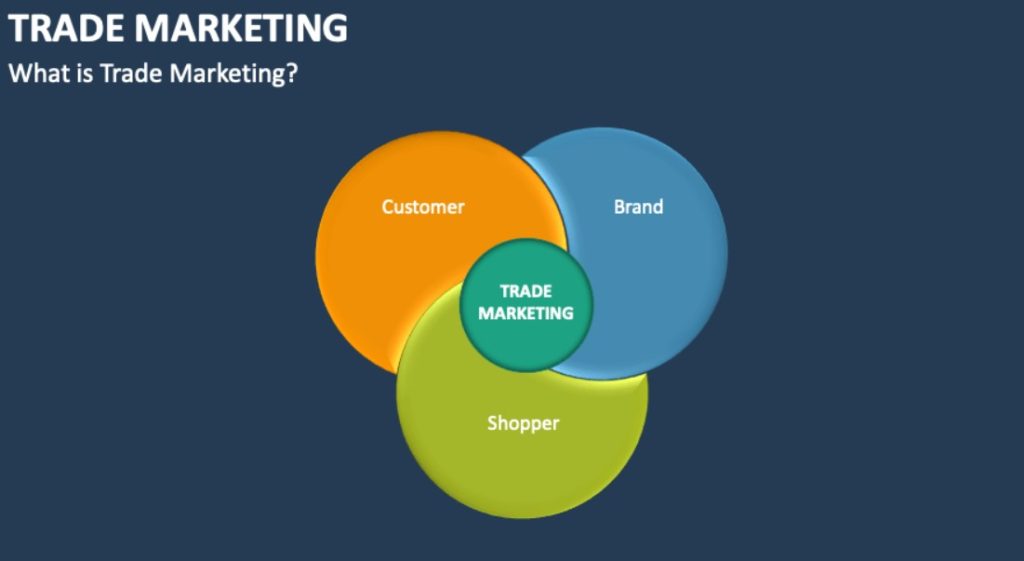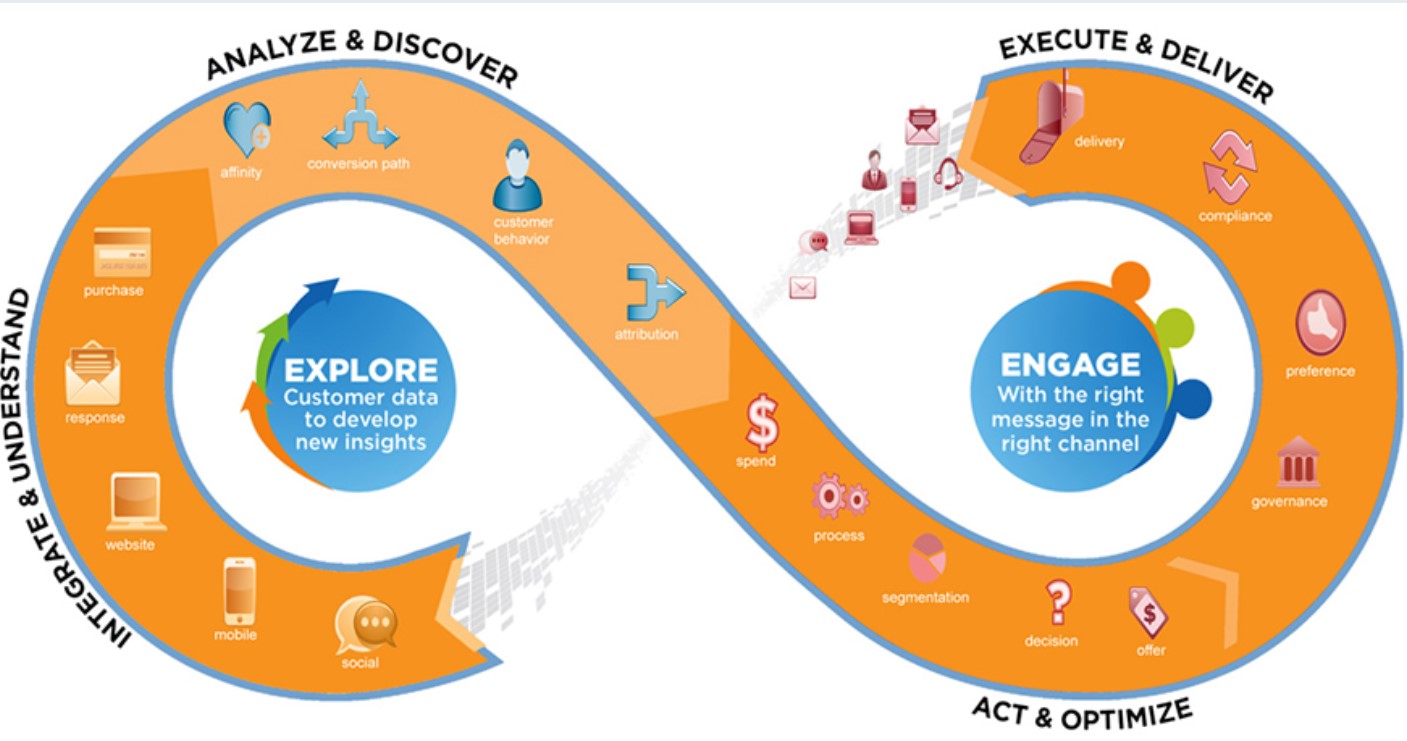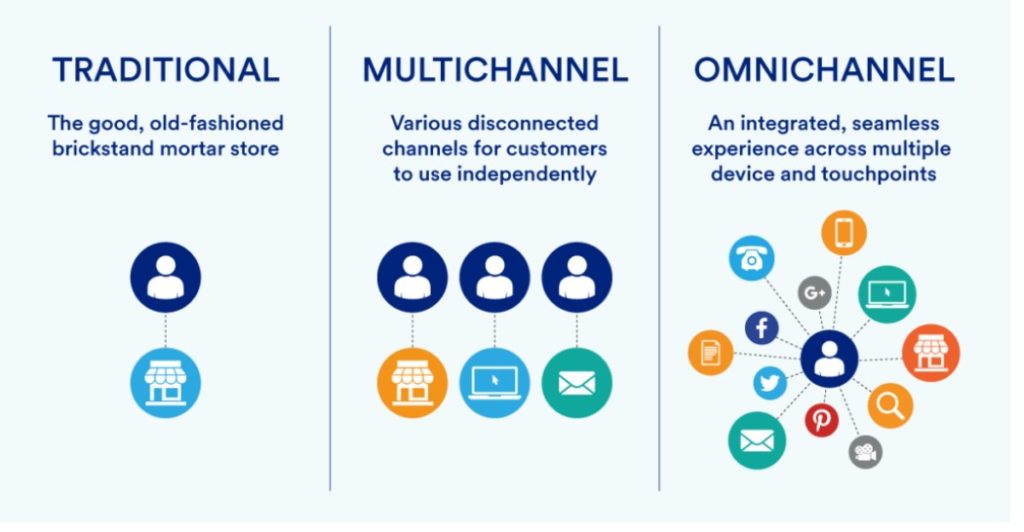
Trade Marketing: Benefits, Challenges, and Solutions for Modern Retailers
Gain Sales Growth with Effective Trade Marketing Strategies
A well-thought-out trade marketing strategy offers retailers significant advantages. It strengthens supplier relationships, optimizes product selection and shelf placement, and enhances the customer experience. This leads to increased sales, better margins, and stronger customer loyalty. An effective strategy also enables more targeted marketing, efficient resource allocation, and better adaptation to market changes. Collectively, this creates long-term competitive advantage and sustainable growth for the retailer.

Challenges in creating and implementing your Trade Marketing strategy
In today’s dynamic retail landscape, retailers face numerous challenges when it comes to trade marketing. These challenges require strategic thinking and innovative solutions to ensure success in an increasingly competitive market. One of the biggest challenges is balancing supplier relationships with their own goals. Retailers must collaborate closely with suppliers while maintaining their own strategic objectives and margins. This often involves difficult prioritizations between different suppliers’ products and campaigns.
Here is some advice to solve this challenge:
•Develop a clear category strategy: Define product roles to align supplier relationships with business objectives. What do we want to be famous for?, and how will we achieve that? Who is our key target group?
• Implement a structured supplier evaluation system: Use KPIs to assess supplier performance objectively and prioritize effectively.
• Foster open communication channels: Schedule regular meetings to discuss mutual goals and expectations with suppliers.
• Utilize advanced analytics tools: Analyze data to identify high-impact supplier products and campaigns for prioritization.
• Create collaborative partnerships: Work with key suppliers on joint business plans that align both parties’ goals.
Data collection and analysis represent another significant challenge. Effectively utilizing large amounts of sales and customer data requires robust systems and specialized expertise. Retailers must be able to convert this data into actionable insights to make informed decisions. Effective data management is crucial for retail success.
Learn how to leverage data for optimal category management in our article: https://forma-5.com/harnessing-data-and-analysis-for-retail-category-management-excellence/

Omnichannel Strategy and Personalization
Implementing an effective omnichannel strategy is also complex and resource-intensive. Creating a seamless customer experience across physical stores and digital channels requires significant investments in technology and expertise.

Some Key Tips for Omnichannel Success:
• Centralize Customer Data: Use CRM systems and Data Management Platforms to create a unified view of the customer across all touchpoints, enabling personalized experiences.
• Ensure Seamless Checkout: Integrate all sales channels so that carts and checkout options are synchronized in real-time, whether a customer is shopping via desktop, mobile app, or in-store.
• Make Every Touchpoint Shoppable: Ensure that every interaction with your brand provides an opportunity to make a sale. Sync product carts across web and mobile apps, and enable checkout on social media platforms.
• Bridge Online and Offline Experiences: Integrate in-store technology like Point-of-Sale systems and self-checkout kiosks to enhance the customer experience and connect digital and physical shopping channels.
For more insights on developing a successful omnichannel strategy, check out this comprehensive guide from Shopify:http://Omni-Channel Retail Strategy.
Personalization is an increasing expectation among customers; 73% expect better personalization as technology advances. However, delivering this cost-effectively while maintaining privacy is challenging. Retailers must focus on category management, developing effective loyalty programs, and creating engaging in-store experiences—all of which require continuous attention and adaptation.
• Implement Personalization: Use customer data to create tailored marketing campaigns and product recommendations across all channels, enhancing the overall customer experience.
Here you can read more about some successful loyalty programs:http://10 Real-World Customer Loyalty Program Examples – Wisepops

How Forma5 Can Help
In the face of increasing competition from e-commerce, physical retailers must find ways to differentiate themselves and create unique value. At the same time, they must navigate complex supplier negotiations, measure ROI on trade marketing initiatives, and ensure continuous competence development among staff. To handle these challenges, retailers must invest in technology, expertise, and strategic planning. They must be flexible and willing to adapt to rapid changes in the market and consumer behaviour.
Forma5 can be a valuable partner for retailers and brands in meeting these challenges. With our expertise in trade marketing, we can offer:
• Strategic advice to optimize supplier relationships and category management, including partnership strategies
• Advanced data analysis tools and insights for better decision-making
• Support in developing and implementing omnichannel strategies
• Innovative solutions for personalization and customer loyalty
• Creative concepts for engaging in-store experiences
• An extension of your marketing team, providing specialized trade marketing support
Link to: Contact – Forma5

